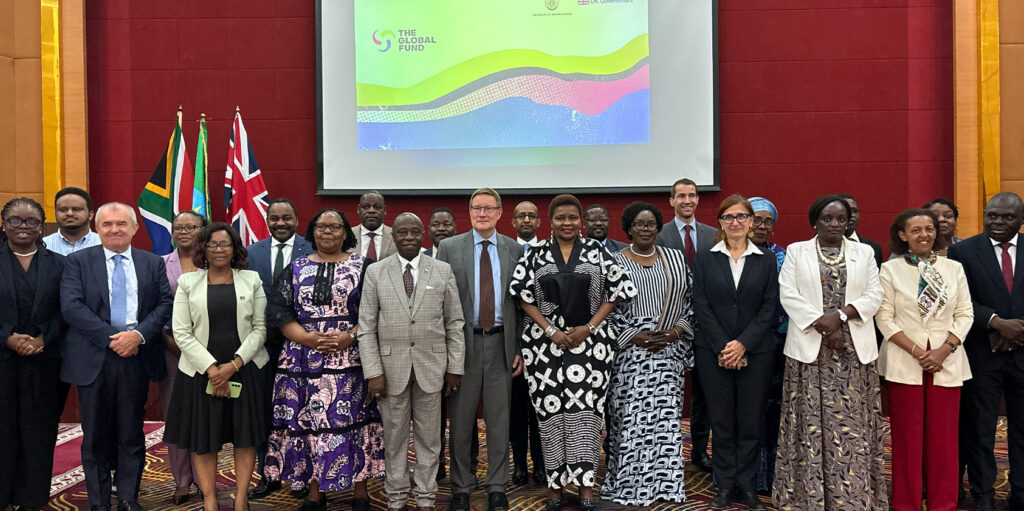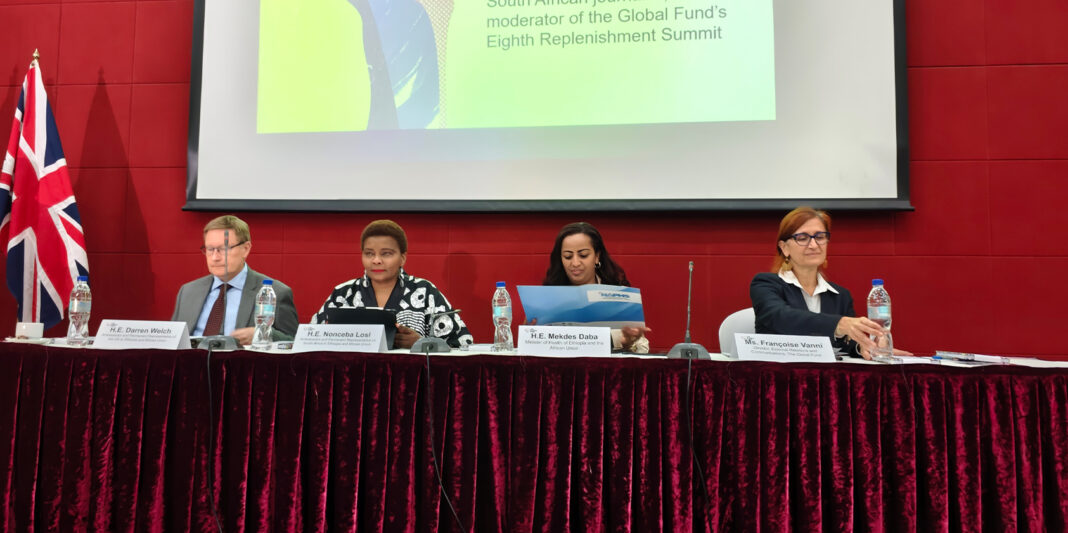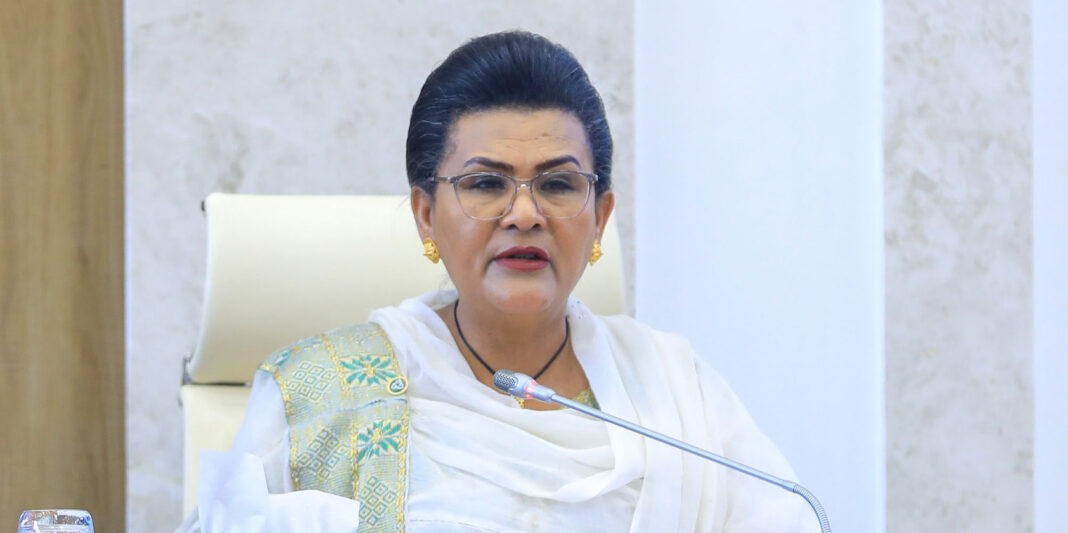African countries, supported for over two decades by the Global Fund, have made remarkable progress in reducing HIV, tuberculosis (TB), and malaria. However, senior health and financial officials have raised alarms at a recent ambassadors’ roundtable that ongoing funding shortfalls and a rush toward self-reliance risk reversing these critical achievements.
Mekdes Daba, Ethiopia’s Minister of Health, emphasized the human stakes involved: “The numbers we are talking about are not just individuals or numbers, but survivors and lives on which future luck will depend.” She highlighted that Ethiopia’s health, finance, and foreign affairs ministries are collaborating on a sustainable action plan to transition to a “self-reliant, efficient and sustainable health system,” aligned with the continent-wide Agenda 2063.
Central to this plan is strengthening domestic resource mobilization to safeguard the progress made. As Minister Daba noted, health is not only a moral imperative but also a foundational element of social stability, prosperity, and peace.
Francoise Vanni, Director of External Relations and Communications at the Global Fund, celebrated the remarkable success achieved through their partnership: “We have saved 70 million lives.” Deaths from HIV, TB, and malaria have dropped by 63% in Global Fund-supported countries, with Africa receiving over 70% of the investments. Life expectancy in 15 sub-Saharan countries has risen dramatically, attributing more than half of this increase to gains against these diseases.

Yet, South African Ambassador Nonseba Losi warned that the upcoming eighth replenishment of the Global Fund is a “period of investigation.” She cautioned against moving too quickly in withdrawing support without adequate safeguards, saying, “We risk reversing the progress we want to protect.”
Echoing this caution, Global Fund representatives stressed the need for continued confidence combined with sustained investment to avoid rolling back years of hard-earned gains.
Since its inception in 2002, the Global Fund has disbursed nearly $70 billion, supporting community health workers, health information systems, and robust public finance management. The Fund acts as a crucial financial conduit enabling countries to innovate and execute policies consistent with Africa’s sovereignty aspirations.
Ghanaian President Akufo-Addo has championed this transition from aid dependency to African ownership, emphasizing domestic resource mobilization, strengthening public finance systems, and building resilient, inclusive health infrastructures.
Ambassador Losi flagged the forthcoming summit in Johannesburg as a vital occasion to amplify African voices, urging the world to recognize that this partnership is not charity but a shared responsibility. Investing in the Global Fund represents a commitment to Africa’s health security, economic resilience, and self-reliance.







